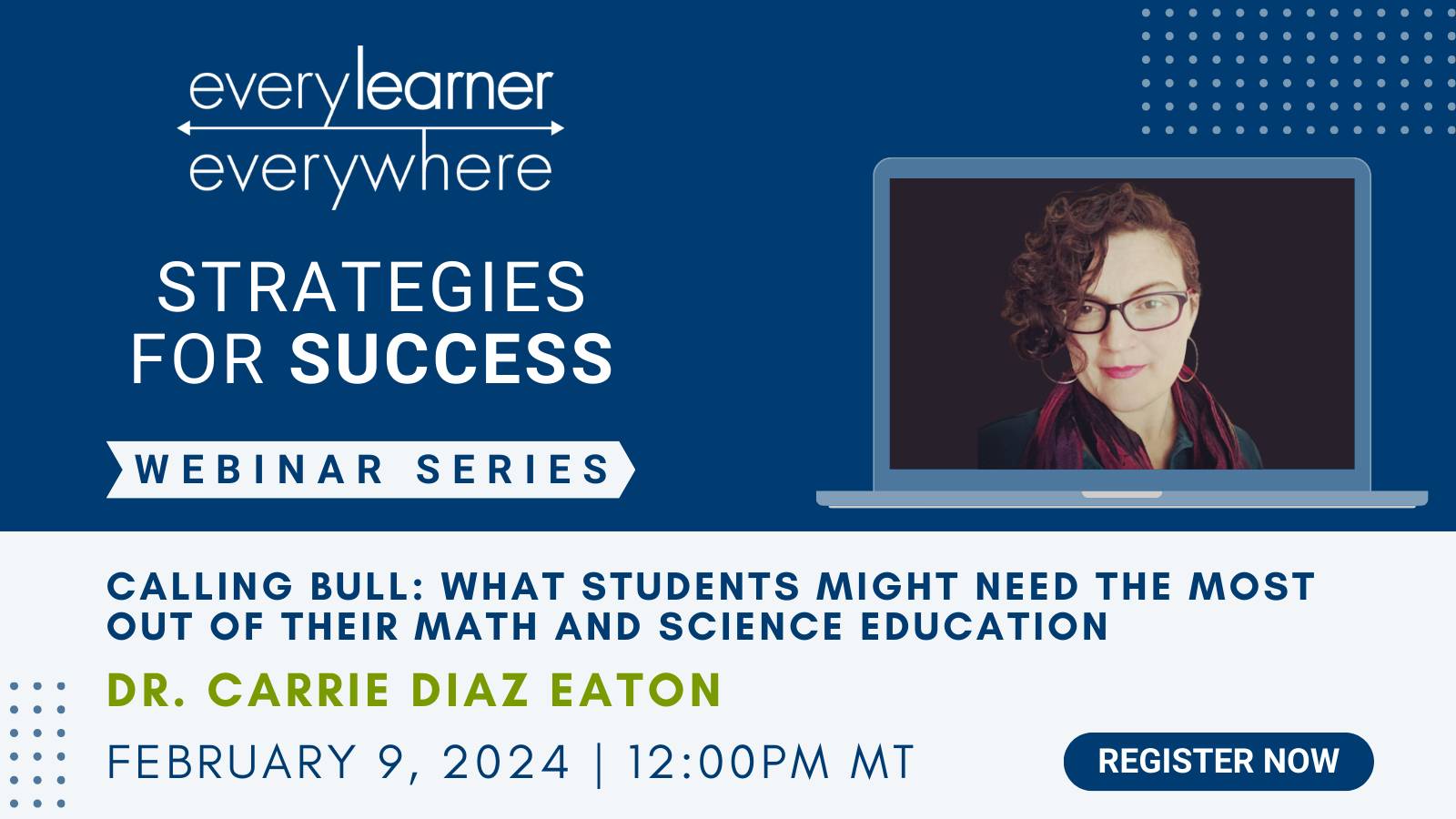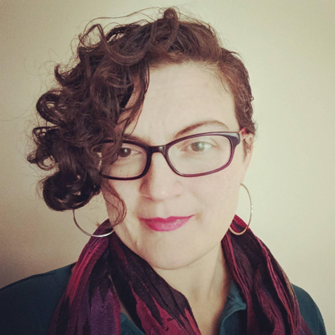
Calling Bull: What Students Might Need the Most Out of Their Math and Science Education
- FEBRUARY 9, 2024 | 12:00 PM MT
We are in a new age of digital information. Information is a form of power, and our students consume and produce more unfiltered information than ever. They need agency as individuals and tools as members of a future workforce to ethically and responsibly process this information. How can our general education mathematics and science courses repair a growing mistrust between science and society and facilitate a functional democracy through identifying and successfully debunking misinformation? In this session, I introduce one such course I have adapted from online open educational resources which is a promising opportunity for students to think meaningfully about data, the wave of big data, artificial intelligence and machine learning influencing the 21st century, and a context to examine the interplay of information, power, racism, and justice.
Workshop Leader
Carrie Diaz Eaton is an associate professor of digital and computational studies at Bates College, a co-founder of QUBES (Quantitative Undergraduate Biology Education and Synthesis), and project director for Math Mamas. Diaz Eaton is a 1st generation Latina of Peruvian descent and is also known for her work in social justice in STEM higher education.
Diaz Eaton currently serves as the chair for the committee for minority participation in mathematics for the Mathematical Association of America (MAA), on the editorial boards of PRIMUS: Problems, Resources, and Issues in Mathematics Undergraduate Studies and CourseSource, and is an MAA Values Leader. She has also served as the past program chair and electronic communications chair of BIO SIGMAA, as Education Subgroup Chair for the Society for Mathematical Biology, and for the Editorial Board for Letters in Biomathematics.
Dr. Carrie Diaz Eaton uses a mixed methods approach to research in complex adaptive and co-evolving systems. Their primary research area is in inclusive and interdisciplinary undergraduate STEM education. Diaz Eaton uses a mix of modeling, computation, data analysis, surveys, ethnography, digital narratives, online communication, and community-based approaches to explore how systems are changing and to leverage these insights into change through advocacy. Student internships and research projects include STEM education research and evaluation, communications, and disease modeling using the tools of network analysis, complex systems, computational text analysis, and mathematical modeling with funded student positions available in inclusive STEM education research and social media communications.
Diaz Eaton’s degrees are in mathematics, and their research is grounded in approaches from complex adaptive systems in evolution and ecology. A long-time social justice advocate and community builder, Diaz Eaton has leveraged their work to create socio-cyber ecosystems which support interdisciplinary STEM education, including QUBES, SCORE and EDSIN, and now leads the Institute for a Racially-just, Inclusive and Open STEM education (RIOS Institute). During the 2022-2023 academic year, Diaz Eaton is on sabbatical as a visiting researcher and at the Institute for Computational and Experimental Mathematics at Brown University and the Institute for Mathematical and Statistical Innovation at the University of Chicago, where she is organizing programs for social justice research and data science.
In 2018, Dr. Diaz Eaton was selected as a SACNAS Leadership Institute Fellow and in 2020 was awarded the Society for Mathematical Biology John Jungck Excellence in Education Prize for interdisciplinary computational and mathematical biology education and mentorship. Dr. Diaz Eaton currently serves as the Chair for the Committee on Minority Participation in Mathematics for the Mathematical Association of America. Dr. Diaz Eaton is also a proud 1st generation Latinx. She is also a mother to two children. Dr. Diaz Eaton values the complex interplay at the intersection of her identities, professional activism in STEM education, research, and teaching.

